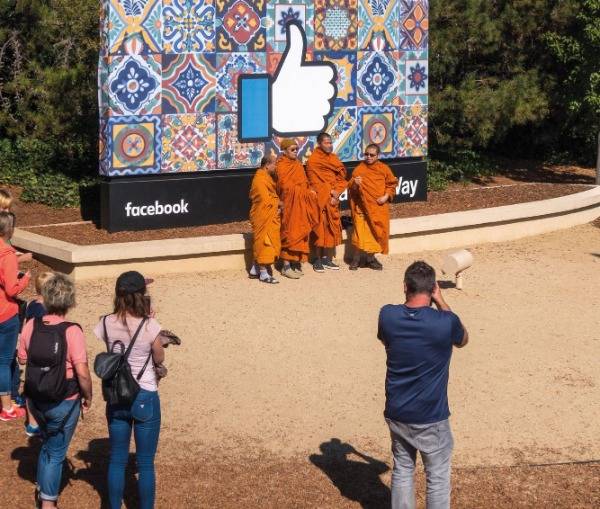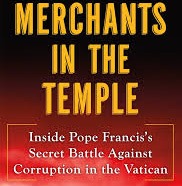On 23 May, Ireland made history, becoming the first country ever to legalise same-sex marriage by popular vote. More than 62 per cent voted in favour of amending the country’s constitution to allow gay and lesbian couples to marry. This was particularly remarkable given the immense power the Catholic Church has historically wielded in Ireland. At points in its history, the country has practically been a theocracy. The overwhelming vote in favour of gay marriage – just 22 years after homosexual acts were decriminalised – is a sign of shifting public opinion, particularly amongst young people. It also points to the reduced power of the Church, which maintains that homosexual acts are a sin and vehemently opposes gay marriage. The Catholic Archbishop of Dublin, Diarmuid Martin, told the media that if the referendum was an affirmation of the views of young people, the church had a "huge task in front of it".
The Vatican had even stronger words of condemnation. On Tuesday, Cardinal Pietro Parolin, the Vatican’s secretary of state and second only to the Pope in the Church’s hierarchy, said:
“I was deeply saddened by the result. The church must take account of this reality, but in the sense that it must strengthen its commitment to evangelisation. I think that you cannot just talk of a defeat for Christian principles, but of a defeat for humanity.”
Perhaps those hoping for a softening in the Church’s stance on homosexuality under the papacy of Pope Francis should not hold their breath.

